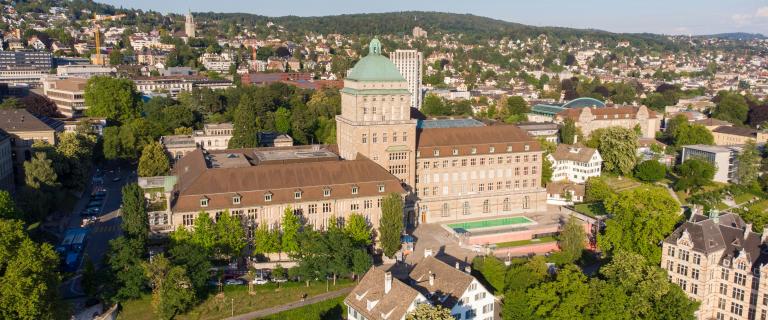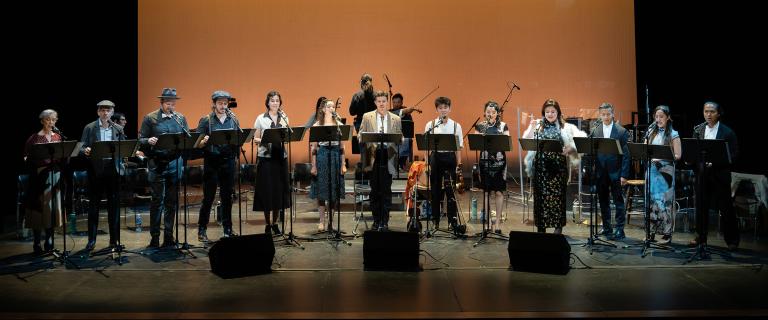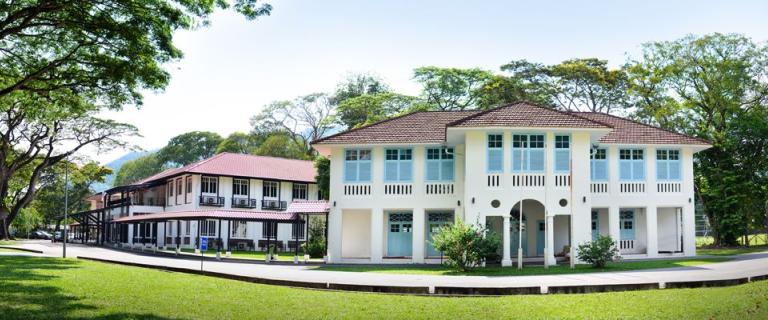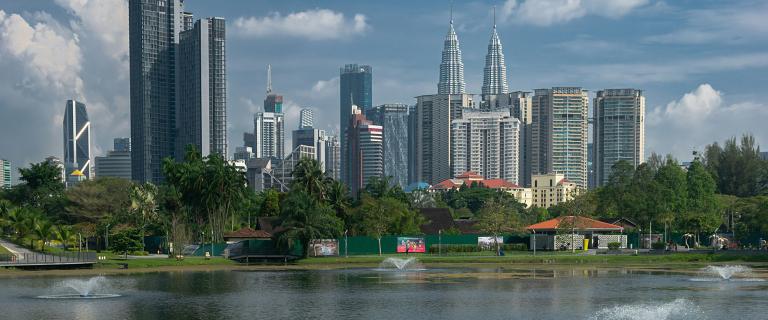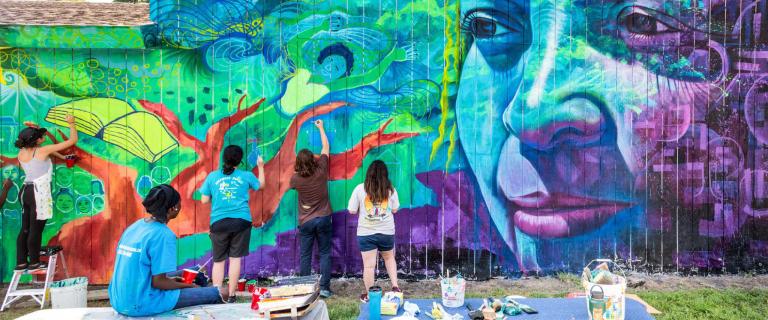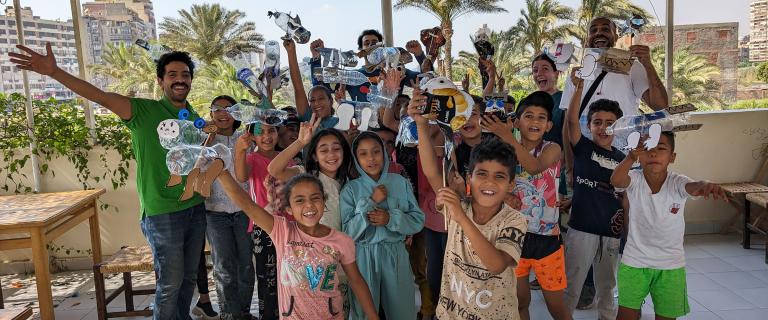According to the UNHCR, there are more than 117.3 million forcibly displaced persons in the world as of 2024. The large-scale forced movement of people is a defining element of our collective global future.
From 2018-2024, Vassar, Bard, Bennington, and Sarah Lawrence colleges and The New School collaborated with the support of the Mellon Foundation to form the Consortium on Forced Migration, Displacement, and Education. This innovative partnership leveraged the unique capacities of liberal arts institutions to learn from displaced scholars and students, engage in global and transdisciplinary study of migration, and welcome newcomers to our region. This archive documents our impact and serves as a resource for ongoing work.
Our Impact by the Numbers
5
Institutions of higher education
15+
Regional community partners in New York and Southern Vermont
185+
Events
150+
Students supported in pursuing internships, collaborative research, and other enrichment opportunities
17
In-person and virtual fellowship opportunities supporting displaced scholars
95
Articles spotlighting global dynamic of forced migration across 5 issues of EuropeNow
3
Signature study away programs
23
Essays published in Migration, Displacement, and Higher Education: Now What? (2023), an open access volume offering an introduction to migration studies.
190
Distinct courses on migration taught by 100+ faculty in more than 35 fields of study
Our Impact in Participants’ Own Words
“Higher education has found ways to engage in community service, but I don’t think we’re doing enough in terms of community integration and the equitable redistribution of resources. GANAS really is a place where we’re trying to start to redirect resources to community members that require them more than we do. Higher education institutions have to make a way bigger commitment to migrants in their respective areas.”
Bennington College student
“We are so happy to partner with the CFMDE. They’ve been a great pipeline for exposing us to volunteers that we desperately need and may not have connected to otherwise. It makes a really tangible impact on our work.”
Regional community organization staff member
“We can’t study migration solely through a traditional classroom experience where you’re only thinking about theoretical frameworks. We’ve got to be connected to migrants and guided by their voices.”
Bennington College faculty member
“I got really positive feedback from the students each time we were able to have Digital Scholars in the classroom. Their visits were a really tangible way to see global feminism in action.”
Vassar College faculty member
“At liberal arts colleges, we are often very conscious of our own positionality and super socially oriented. I admire that, but we must burst that bubble and have the students think with the communities surrounding them and their college campus.”
“Our class podcast project was a crucial example of this process. We invited 8 members of the community, some of them refugees, to be guest speakers for the students and interviewees for our podcast. I continued to collaborate with those 8 individuals beyond the project. For example, we organized a Nowruz event last spring.”
Bennington College faculty member
“GANAS is entirely student-led and the majority of the students who run GANAS (16–18 of us) are also originally from Latina countries or international, which is something I deeply appreciate. We have been able to forge connections with the Latina/Hispanic migrant population of New England as a whole.”
Bennington College student
“Taking that Lexicon of Forced Migration course impacted the classes I enrolled in, the professors I talked to, the conversations I had. I completed an internship with a local history project mapping anti-slavery and slavery sites in the Hudson Valley. The slave trade itself was one of the largest examples of forced migration, it’s always on my mind when I’m doing this type of work.”
Vassar College student
“I took a lot of classes where I felt like I was the only one representing all the undocumented immigrants, even though I’m not undocumented anymore. I think it would have made my education richer if there was more investment in bringing that community to our institution. And I think my participation in these classes made discussions richer for the other students.”
Bard College student
“There’s something unbelievable that happens when our students are sitting around a table talking to stakeholders at the US Embassy or the United Nations or the World Health Organization. Those professionals are taking notes because our students have something to teach them.”
The New School for Social Research faculty member
“I loved learning ethnographic methods because they give people the chance to tell their own stories in the way that they are comfortable with. A lot of times when asylum seekers go through legal interview processes they feel they must follow a specific storytelling arc or tell a sob story to be believed. Whereas with ethnography, they just get to talk about themselves, their joys, their frustrations, and more. You’re not trying to fit their narrative into a certain form.”
Sarah Lawrence College student
“What I see in the undergraduates who I work most closely with is that in their studies of migration and displacement, they grapple with these topics on a large scale, global level, but also on a really intimate and human level. These CFMDE opportunities are really transformative for them personally and as future professionals, future educators, and future engaged citizens in the world.”
Vassar College faculty member
“Through the Digital Scholars program I was able to bring my perspective to classes through virtual lectures and further my research by working with a student research assistant. Sharing my experience as a Syrian refugee added a lot to the literature and theories of migration being taught in these courses. As a scholar from the Global South I also gained a lot from being able to use the knowledge production and scholarship which scholars and students in the Global North have institutional access to.”
Digital Scholars Fellow
“Migration is not an immutable term. It has varied meanings at different times and to different people and in different geographical contexts. There’s all kinds of ways in which it will remain an unstable category. By having migration studies within our curriculum, we have challenged our institutions to be more flexible and more responsive.”
Bard faculty member
